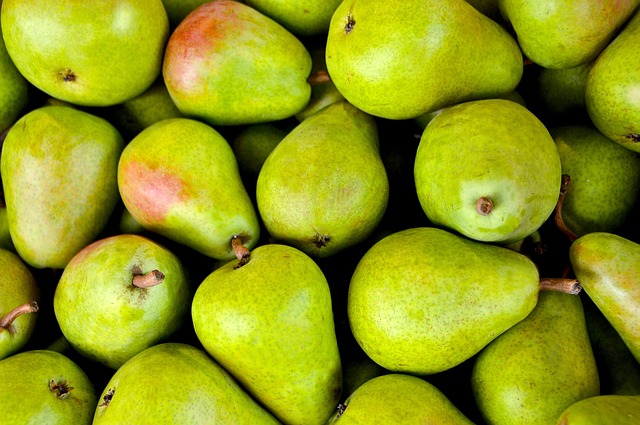Probiotics vs Prebiotics: What’s the Difference?
Probiotics and prebiotics are terms that have become increasingly popular in the health and wellness industry, as more and more people are becoming aware of the importance of having a healthy gut microbiome. While these two terms might sound similar, they have very different meanings. In this blog post, we will discuss what probiotics and prebiotics are, the difference between them, and why they are both important for your overall health.
What Are Probiotics?
Probiotics are live bacteria and yeasts that are good for your body, especially for your digestive system. These microorganisms are similar to the ones that naturally live in your gut, but they are often found in higher amounts in probiotic supplements and fermented foods like yogurt, kefir, and sauerkraut. Probiotics are believed to provide health benefits by restoring the natural balance of bacteria in your gut.
There are many different strains of probiotics, each with their own specific benefits. Some of the most well-known strains include:
- Lactobacillus acidophilus: Found in yogurt and in supplement form, this strain is known to improve lactose intolerance and boost the immune system.
- Bifidobacterium lactis: Found in some yogurts and in supplement form, this strain is known to improve digestive health and boost the immune system.
- Lactobacillus rhamnosus: Found in fermented foods like kefir and in supplement form, this strain is known to improve digestive health and boost the immune system.
Probiotics are believed to provide a variety of health benefits, including:
- Improving digestive health
- Boosting the immune system
- Reducing inflammation
- Preventing and treating diarrhea
- Improving mental health
- Treating and preventing vaginal infections
What Are Prebiotics?
Prebiotics, on the other hand, are a type of dietary fiber that our bodies cannot digest. They are found in certain foods like bananas, onions, garlic, and asparagus. Prebiotics fuel the growth of the good bacteria in your gut, helping to promote a healthy balance of microorganisms in your digestive system.
While probiotics help to introduce good bacteria into your gut, prebiotics help to feed that good bacteria and keep it healthy. When you consume prebiotics, they pass through your digestive system undigested until they reach your colon, where they are fermented by the bacteria in your gut. This fermentation process produces short-chain fatty acids, which have been shown to have a number of health benefits.
Some common types of prebiotics include:
- Fructooligosaccharides (FOS): Found in foods like bananas, onions, and garlic, FOS are known to promote the growth of Bifidobacteria in the gut.
- Inulin: Found in foods like chicory root, inulin is known to improve digestive health and help regulate blood sugar levels.
- Galactooligosaccharides (GOS): Found in human breast milk and some prebiotic supplements, GOS are known to promote the growth of Bifidobacteria in the gut.
Prebiotics are believed to provide a variety of health benefits, including:
- Improving digestive health
- Reducing inflammation
- Improving insulin sensitivity
- Reducing the risk of colon cancer
The Difference Between Probiotics and Prebiotics
The main difference between probiotics and prebiotics is that probiotics are live bacteria and yeasts that are good for your body, while prebiotics are dietary fibers that feed the good bacteria in your gut. Probiotics are found in foods like yogurt, kefir, and sauerkraut, as well as in supplement form, while prebiotics are found in foods like bananas, onions, and garlic.
While probiotics and prebiotics both play a role in promoting a healthy gut microbiome, they work in slightly different ways. Probiotics introduce good bacteria into your gut, while prebiotics fuel the growth of that good bacteria. Together, they help to promote a healthy balance







